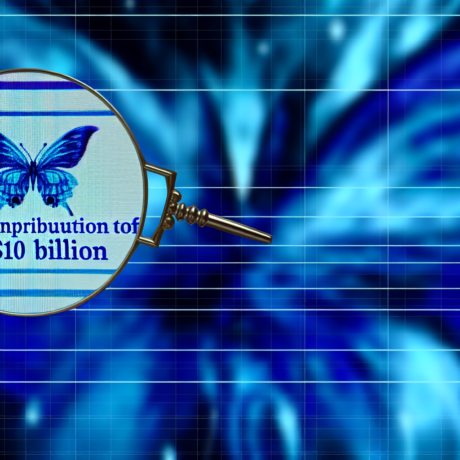
Spotify’s $10 Billion Contribution to the Music Industry
In recent years, streaming platforms have fundamentally reshaped how we consume music. As the torchbearer of the digital music revolution, Spotify has consistently played a pivotal role in redefining the relationship between music producers and listeners worldwide. The latest figures reveal that Spotify paid a whopping $10 billion to the music industry in the past year alone, underscoring its monumental influence and commitment to supporting the industry.
The Financial Impact on the Music Industry
Spotify’s financial contribution not only highlights its dominance in the streaming world but also emphasizes its critical impact on the broader music ecosystem. Some of the striking figures from this contribution include:
- A significant boost to artists, record labels, and right holders.
- Increased access to resources for emerging musicians and creators.
- Pivotal for record labels’ revenue, demonstrating the shift from traditional sales to streaming as the primary income source.
This funding has enabled the music industry to grow and adapt to changing technological landscapes, ensuring that artists continue to benefit from their creations in a digital age.
Benefits for Artists and Creators
The substantial payments have far-reaching benefits for artists and creators within the music industry. Notably, it allows:
- Increased earnings: With billions paid out to artists, Spotify ensures that creators can sustain themselves and continue producing high-quality content.
- Broader audience reach: Through its expansive platform, Spotify provides artists with unique opportunities to attract and engage global audiences.
- Enhanced data analytics: Access to listener data empowers artists with insights into their audience demographics, helping them tailor their marketing strategies more effectively.
By providing these resources, Spotify not only nurtures the talent of today but also invests in the future of music.
Challenges and Criticisms
Despite these benefits, Spotify’s model has not been without its challenges and criticisms. Some key areas of concern include:
- Disparities in earnings: Some argue that the payment model favors mainstream and established artists, leaving emerging musicians with significantly smaller shares.
- Complex licensing agreements: Navigating intricate licensing deals remains a challenge for both Spotify and the industry at large.
- Competition from emerging platforms: Newer platforms, offering tailored artist benefits, are rising and challenging Spotify’s supremacy in the streaming landscape.
These challenges continue to provoke discussions on the balance of power and fairness within the streaming model, highlighting the need for continued evaluation and adaptation.
The Road Ahead
As we look ahead, Spotify’s investment in the music industry will likely play an ever-important role in shaping its future. The platform’s consistent bolstering of the music sector serves as a testament to the evolving nature of music consumption and distribution. By fostering growth, encouraging innovation, and continually addressing its critics, Spotify sets the stage for an era where the digital and musical worlds thrive symbiotically.
Conclusion
Spotify’s $10 billion contribution is more than just a stunning figure; it symbolizes a new era in the music industry—one built on accessibility, innovation, and global reach. As the industry continues to evolve, platforms like Spotify remain central to its development, leading the charge in transforming challenges into opportunities and cementing their place as indispensable allies to artists and listeners alike.





